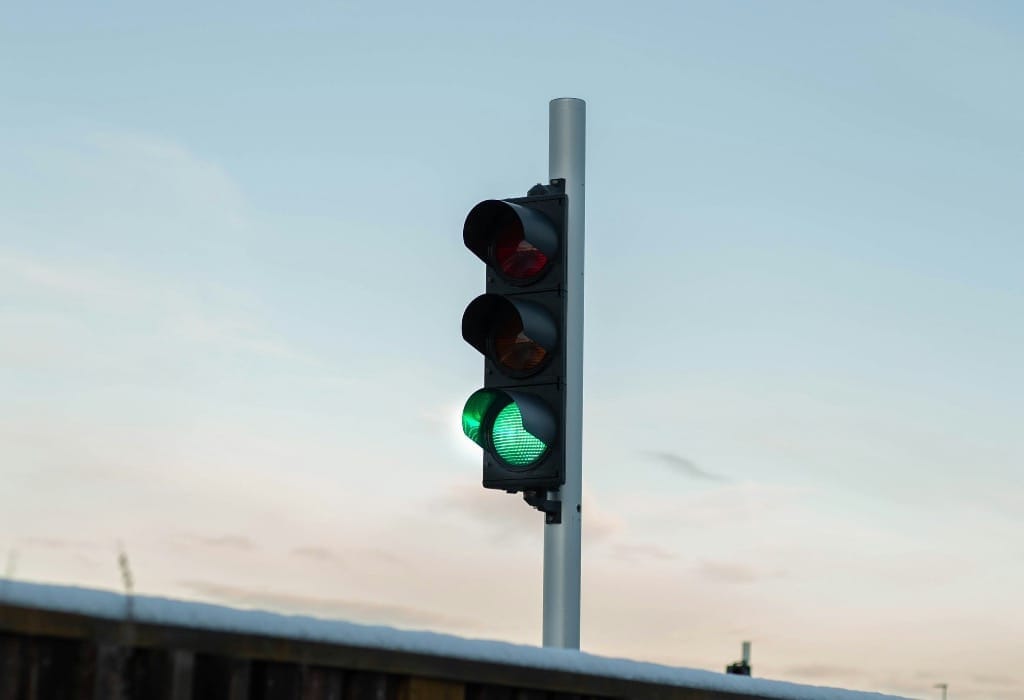Verizon-Frontier Deal Unlikely to Hit D.C. Regulatory Wall: New Street
The carrier will absorb Frontier's 2.2 million fiber subscribers and 7.2 million passings in a $20 billion deal.
Jake Neenan

WASHINGTON, September 5, 2024 – Verizon’s acquisition of Frontier is unlikely to face major regulatory hurdles, analysts at New Street Research wrote Thursday.
The carrier announced today that it reached a deal to buy Frontier in a $20 billion deal, a move intended to bolster Verizon’s fiber broadband footprint. The acquisition talks were first reported by the Wall Street Journal Wednesday.
Frontier has about 2.2 million broadband subscribers and passes 7.2 million with its infrastructure, compared to Verizon’s 7.4 million FiOS customers and nearly 18 million passings. Verizon said it expects the deal to close in 18 months pending a go-ahead from Frontier shareholders and regulators.
While the deal further consolidates an already top-heavy industry, New Street’s Blair Levin wrote in a research note Thursday that the Department of Justice and Federal Communications Commission will likely give the green light, with a few caveats.
He noted that Comcast’s attempt to buy Time Warner Cable in 2014 was nixed amid DOJ concerns that the resulting company would control more than 60 percent of the country’s wireline broadband subscribers. Verizon and Frontier, by contrast, account for less than 10 percent of the 115 million wireline subscribers in the U.S.
The FCC can also block deals involving license transfers when they work against the public interest, including by reducing competition in a given market. Levin said the government was unlikely to find that mobile service competes directly with fixed broadband, and that Verizon’s fixed wireless offering – provided via excess capacity on its 5G network – likely only minimally overlaps with Froniter’s fiber territory.
Levin said whether or not the agency seeks to tack on conditions will depend on the election in November: A Trump FCC would stamp the deal without conditions, while a Harris administration might seek to extract some concessions like a discounted plan for low-income customers, net neutrality-style anti-throttling agreements, or extra build-outs.
“We don’t think the economic cost of any of these would be material,” he wrote.
Verizon’s purchase is both a ratcheting up of the carrier’s effort to expand its fiber footprint – AT&T has been building its larger network faster and T-Mobile moved to acquire fiber providers Lumos and Metronet earlier this year – and a step toward “convergence,” offering customers both fixed and mobile broadband service. A separate New Street report noted that Verizon has reported lower churn from customers on such bundled plans.
MoffettNathanson’s Craig Moffet wrote in a note to investors that a convergence strategy is ill-advised.
“There is simply no path forward for Verizon to cobble together a meaningful wireline coverage map, and a national wireless network basing its strategy on convergence with wireline fiber that is available to just a small fraction of American homes, with no conceivable path to broad coverage, is an awful strategy,” he wrote.
Either way, the news could be bad for cable, KeyBanc Analyst Brandon Nispel wrote. He said the moves to expand fiber coverage among wireless carriers could ultimately entice cable customers away with bundled services.









Member discussion